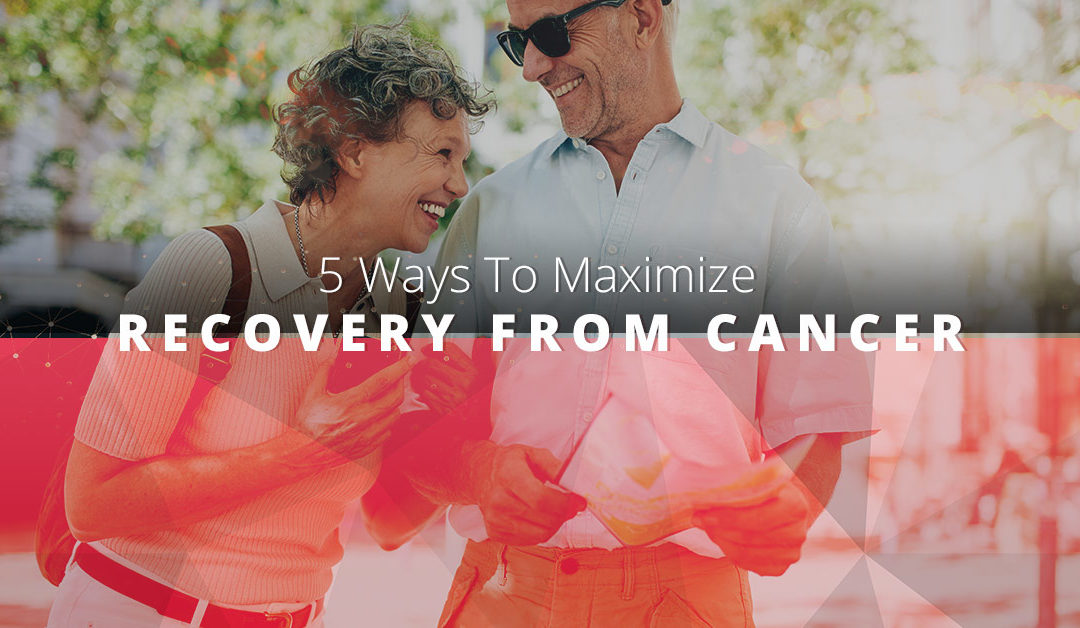The role of rehabilitation medicine when it comes to cancer is simply to maximize the recovery process. When your patients have fought and beat cancer, next it’s time for cancer rehabilitation, which can be an overwhelming and daunting task.
Here, we’ve gathered five of the top ways we’ve seen medical professionals help their patients with cancer rehabilitation. Check out this rehabilitation medicine for yourself, and if you have something to add, please contact us. The American Congress of Rehabilitation Medicine welcomes research and support from many different healthcare professionals, and your expertise could be instrumental.
Our Cancer Rehabilitation Networking Group (CRNG) is excellent for sharing your research, networking with medical professionals, generating ideas, and more. There are many benefits to joining ACRM, and you can join today.
Find A Support Group
When working with your cancer recovery patients, one of the best pieces of advice you can offer to them is to find a support group. Their mental and emotional health during this time will be of great influence in their rehabilitation. This will be instrumental in reducing stress and giving them hope. This network of other cancer survivors will actually understand what they’re going through, which will validate your patients’ experiences.
Regularly Meet With Healthcare Professionals
No rehabilitation medicine is complete without regular check-ups from healthcare professionals. Ensure that your patient is meeting with the appropriate persons regularly so you can be aware of any abnormal signs in their cancer rehabilitation. Let your patients know of any signs they should be aware of between check-ups.
Exercise Often
During cancer rehabilitation, patients’ bodies have a lot of strength to regain. There’s a lot of area for improvement, but this can seem overwhelming. Recommend a workout routine or have your patient meet with a personal trainer or physical therapist as part of their rehabilitation medicine. This will reduce stress, improve sleep, and strengthen their bodies.
Eat Healthily — Food Is Medicine
Rehabilitation medicine certainly includes the food a patient is putting into their body. Share the American Cancer Society’s food recommendations and stress the importance of fruits, vegetables, omega-3 fatty acids, lean proteins, and more. Eating healthily will allow your patient to have the energy they need for cancer rehabilitation.
Avoid Alcohol And Tobacco
During cancer rehabilitation and beyond, tobacco should never be consumed. Smoking or using chewing tobacco puts patients at risk for several forms of cancer. Alcohol should be avoided whenever possible — and not consumed at all if possible. Alcohol use can increase the likelihood of certain cancers.
Here at ACRM, we’re dedicated to helping patients and their medical providers succeed. Because of this, we accept rehabilitation research regularly and connect medical professionals throughout the field so we can further advance our knowledge and understanding. Join Cancer Rehabilitation Networking Group (CRNG) today and become an ACRM member to share your research on rehabilitation medicine and more for cancer patients. There are many ways to maximize the cancer recovery process — and we would love to hear your thoughts.












